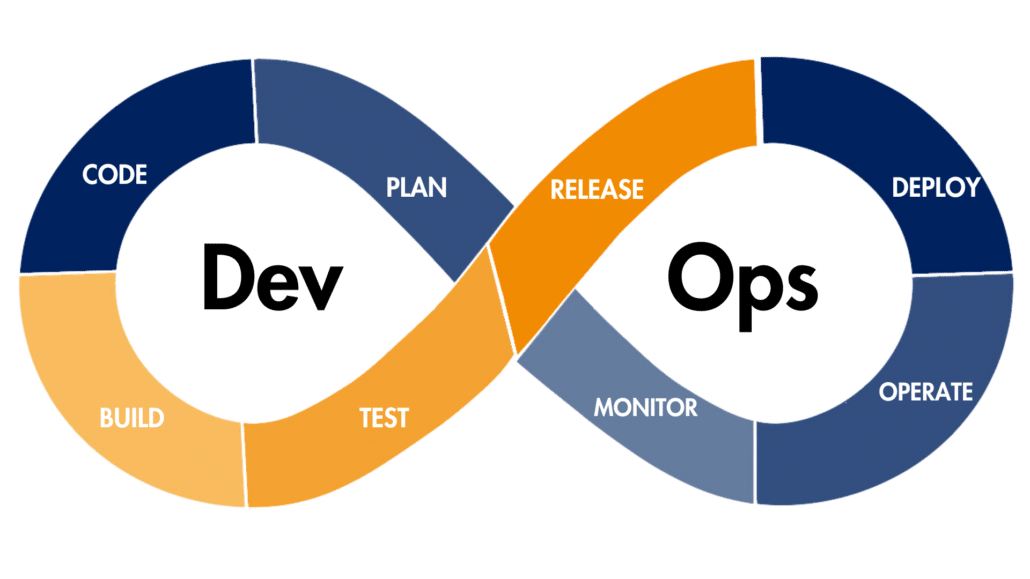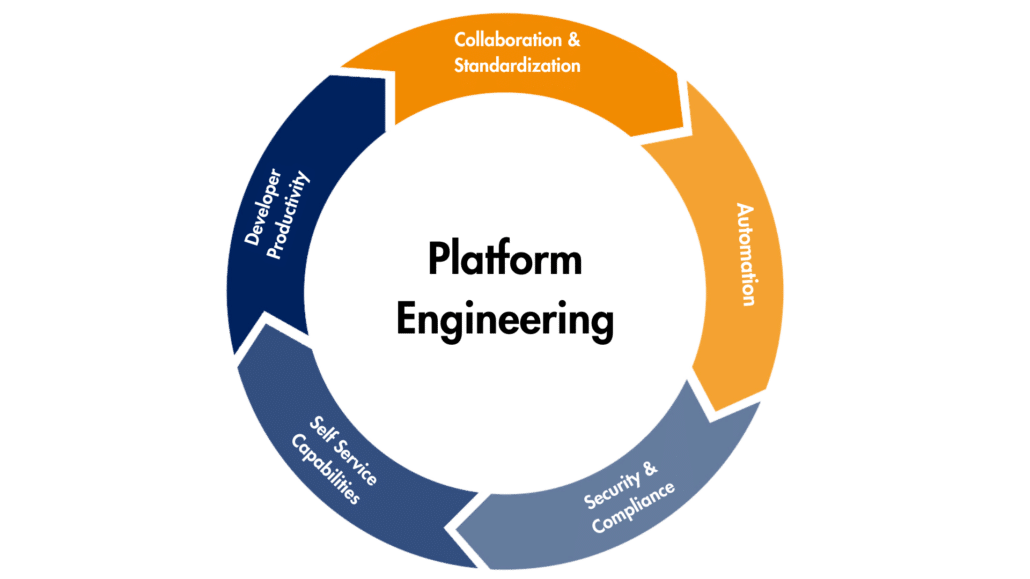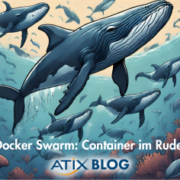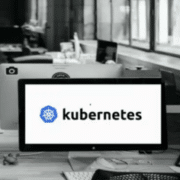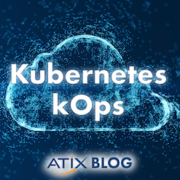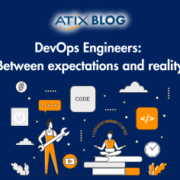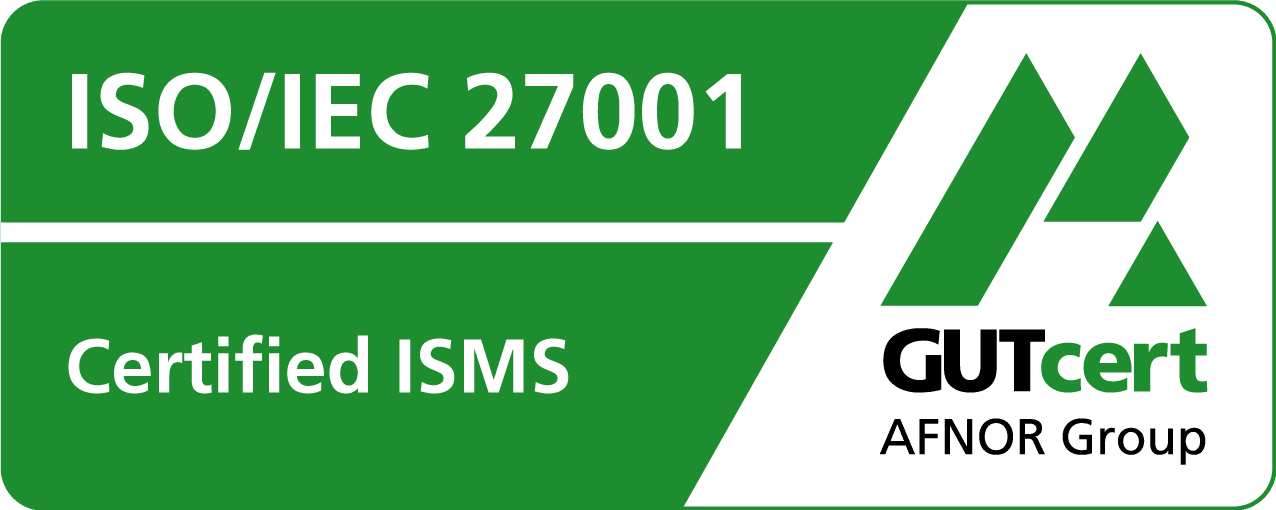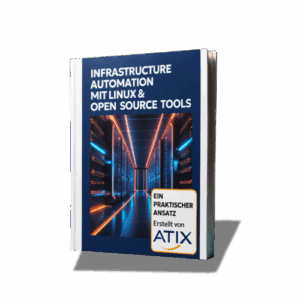DevOps vs. Platform Engineering: Another Trend or the Next Big Thing?
Platform engineering is not just seen as the next trend “after” DevOps. Rather, it is the development or deployment of internal platforms that can be used by teams to improve the efficiency of application development and deployment. Developers should be excited about this because they are at the center of technical change and their needs are at the center of decisions. Project managers and decision makers should also be intrigued by this new approach, which seems to have found a way to further increase productivity.
So… DevOps is dead?
Does this mean the DevOps issue is over and we will find happiness in platform engineering? The answer is clear and unequivocal: “It depends…”.
Just as DevOps is not dead and probably never will be, platform engineering not only brings great opportunities and a desirable developer experience but also the risk of distracting people and organizations from their actual goals. As we have already seen with Kubernetes, it can be common practice to combat organizational or procedural problems or inadequacies in code and infrastructure with a new tool.
Anyone who sees DevOps as a trend or tool has probably really buried DevOps. The majority understood that DevOps means much more than automation, measuring DORA metrics, or lean thinking. The biggest gain that can be achieved from DevOps is undoubtedly cultural change. In addition to improving communication within and between teams, this is particularly about dealing with errors, which no longer need to be hidden but are seen as potential for improvement. If this culture is really established and lived in companies, then there will be no turning back and DevOps will stay where it is: in the head, and not in processes or buzzword presentations.
So… Platform Engineering = The next big thing?
The Cloud Native Computing Foundation is now home to some great projects on the subject of platform engineering, such as Backstage and Crossplane, which are very much driven by the current trend but naturally offer enormous potential for modern IT infrastructure and the developer experience. Here too, as with DevOps, there are many opportunities to increase your own capacities and benefit. And here too, just as with DevOps, there are just as many options for making life more difficult for yourself and your teams than it was before. Before platform engineering is introduced, the question should first be answered: why? Are we again throwing a technology at a problem that we need to solve with culture or communication? Are we trying to jump on the next trend to reduce costs? Then perhaps platform engineering is not the solution.
But do we want to offer a platform that our developers can use to reduce their overhead on new projects, for example? Do we want to provide automated test and development environments for this? Then platform engineering is probably part of the solution.
Finally, we recommend the blog post by Giulio Roggero, CTO at Mia-Platform, on this topic. He is already proposing a new paradigm, which he has christened Platform Engineering ++.
Sascha hat mehrere Jahre Erfahrung in der Leitung von Cloud-Projekten und der Entwicklung hochverfügbarer Cloud-Architekturen. Er ist Spezialist für DevSecOps und Container-Orchestrierung und unterstützt Unternehmen vor allem beim Aufbau von Clusterlösungen, CI/CD-Ketten und Analyse-Stacks.


